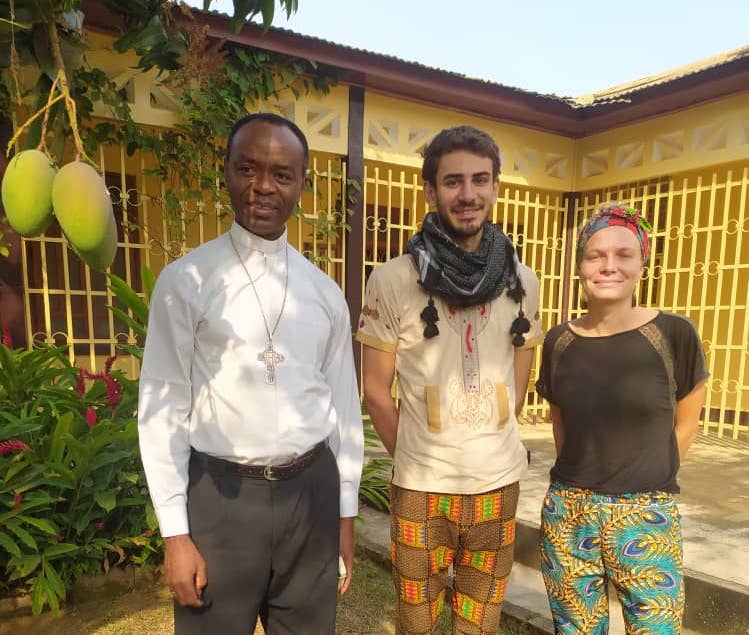05 Mar. 2021
Handover of volunteers Martin and Flora in Bafia, Cameroon

Recent News

“Merci de nous avoir contacté, nous revenons au plus vite vers vous.”
L’équipe artemisia